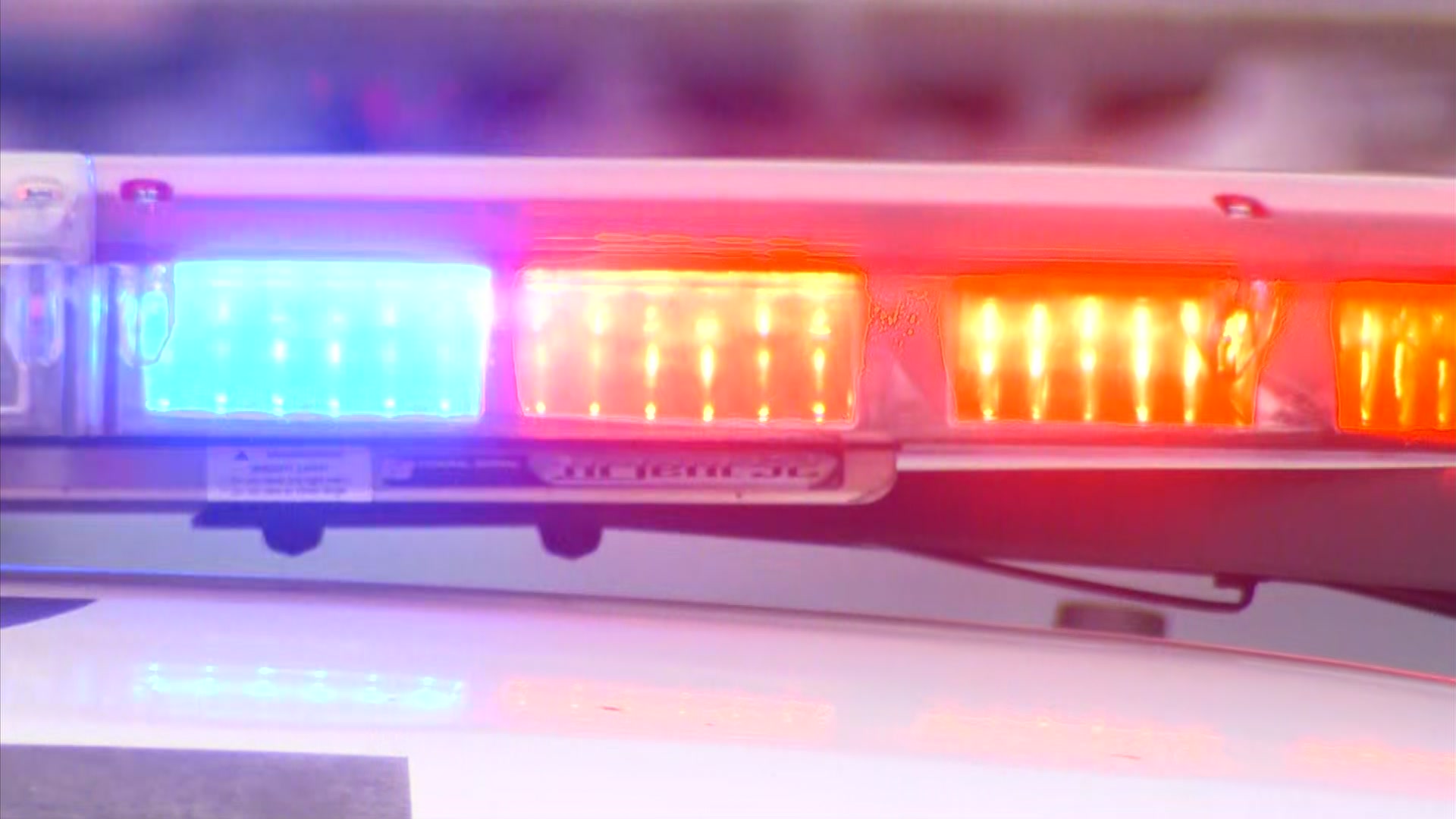Chicago will begin a new, modified stage of its vaccine rollout next week that combines its first two phases, allowing some residents and employees to get the vaccine ahead of schedule.
The next step "bridging Phase 1A and Phase 1B" begins on Monday, adding high-risk individuals over the age of 65, but only if vaccine providers have extra doses not going to health care workers.
"Hospitals and outpatient sites enrolled as COVID-19 vaccine providers will continue to prioritize healthcare workers, especially non-hospital based healthcare workers in tier 1A, for vaccination," the Chicago Department of Public Health's website states. "Starting January 18, if vaccination providers have vaccine available and do not have tier 1A healthcare workers scheduled for vaccination, they may move to highest risk individuals that are over 65 years old and live or work in Chicago."
According to the city, prioritization will be given to those over 75 years of age or those who are over 65 and have "significant underlying conditions."
The city's current mass vaccination sites will remain for health care workers only and will continue to be appointment-based.
Arwady noted that those who qualify for vaccinations beginning next week, namely those over 65, do not have to register anywhere and that health care providers will be the ones primarily administering these vaccines. She noted "the patients must already be enrolled at the facilities."
"I don't want to give people the impression that they can sign up for an appointment just yet," Arwady said, but added that that option would be available "very soon."
Local
While it's not the full Phase 1B initially planned for the city, it comes on the heels of a request from the the Trump Administration, which this week asked states to vaccinate people age 65 and over and those under 65 with underlying health conditions that put them at high risk.
Chicago's health department offered no further guidance on how residents can learn if they will be able to get the vaccine and where they can go.
Illinois Gov. J.B. Pritzker is expected to announce this week when Illinois will enter Phase 1B of its coronavirus vaccine rollout, though some areas may already be allowed to do so.
"I expect to make a formal announcement later this week on when Illinois
will move into Phase 1B on a statewide basis," Pritzker said during his coronavirus update Monday. "Of course, anyone in Phase 1A who has chosen not to get vaccinated yet will always be able to opt in during any subsequent round – this is about leaving no vaccine sitting on the shelves as we move forward."
As of Monday, 587,900 total doses of the Pfizer and Moderna vaccines had been delivered to Illinois, 478,175 doses had been sent to public and private healthcare providers outside of Chicago and 109,725 doses had gone to providers in Chicago.
Illinois as a whole had administered approximately 334,939 vaccine doses as of Sunday night.
"We are making important progress in Phase 1A and I appreciate the hard work of healthcare providers across the state to move as quickly through this phase as possible," Pritzker said. "In some communities, they’ve even been able to substantially complete Phase 1A. IDPH is allowing any local health department in that position to move into the early stages of Phase 1B because we want to make sure any available vaccine is administered quickly to the priority groups we’ve laid out."
The full Phase 1B is set to center on residents age 65 years and older and "frontline essential workers," including first responders, education workers like teachers and support staff, childcare workers, grocery store employees, postal service workers, and more.
The age requirement in Illinois is 10 years lower than the initial recommendations from the Advisory Committee on Immunization Practices, "in order to reduce COVID-19 mortality and limit community spread in Black and Brown communities," the governor said.
Phase 1B will include roughly 3.2 million Illinois residents, according to the state.
Chicago health officials had previously said they expect Phase 1B will begin in the city in February or March, with all vaccinations being appointment-based. But with 600,000 residents qualifying in Phase 1B alone, Arwady said the city will need increased vaccine shipments to satisfy the need.
"Thirty-six thousand doses a week isn't enough to move ahead quickly," she said.



